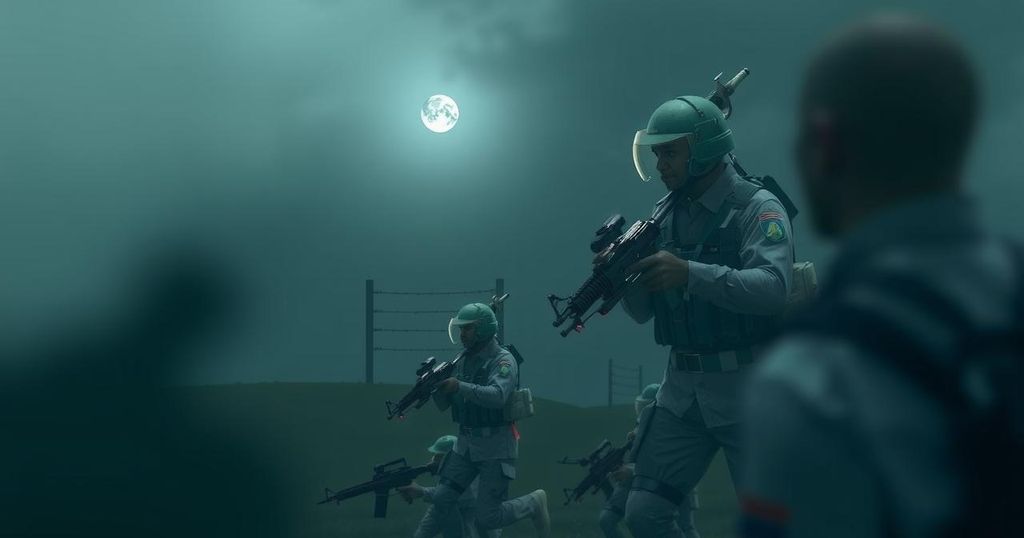Russia’s Veto of UN Resolution on Sudan Ceasefire Highlights Global Tensions

On November 18, 2024, Russia vetoed a UN resolution calling for an immediate ceasefire in Sudan, prompting criticism from British officials. This highlights ongoing tensions within the UN Security Council, where geopolitical divides hinder effective responses to international conflicts. The conflict in Sudan has caused extensive humanitarian crises, emphasizing the urgent need for global cooperation to address the situation.
On November 18, 2024, Russia vetoed a United Nations Security Council resolution that aimed to halt hostilities in Sudan, where conflict has persisted since April 2023 between two rival generals. The proposed resolution, drafted by Britain and Sierra Leone, urged an immediate ceasefire and the commencement of peace talks. In response to the veto, British Foreign Secretary David Lammy criticized Russia’s actions as a disgrace, highlighting the ongoing paralysis of the UN due to discord among its permanent members, particularly between Russia and the United States.
The resolution had sought to address the humanitarian crisis resulting from the conflict, which has resulted in tens of thousands of deaths and the displacement of over 11 million people. The violence in Sudan involves the regular army of General Abdel Fattah Al Burhan and the Rapid Support Forces led by General Mohamed Hamdan Daglo. Despite previous abstentions from Russia regarding Sudan resolutions, recent movements indicate a potential alignment with General Burhan’s camp.
Amid escalating tensions globally, the Russian deputy UN ambassador criticized the resolution’s framing, suggesting it had post-colonial implications that overlooked Sudan’s legitimate authorities. The draft called for respecting an arms embargo and highlighted the severe humanitarian crisis, demanding protection for civilians and unimpeded humanitarian access.
The veto underscores the ongoing challenges within the UN to achieve consensus on matters of international conflict, as the geopolitical rifts deepen, influencing the council’s ability to respond effectively to crises. Should the resolution have passed, its potential impact remains uncertain given the complexities prevalent in the ongoing conflict in Sudan.
The conflict in Sudan has been raging since April 2023, with significant implications for civilian safety and humanitarian needs. Two factions, the regular army and the paramilitary Rapid Support Forces, have been engaged in violent clashes leading to a dire humanitarian situation. The UN Security Council has often struggled due to divides among its permanent members, complicating collective action on international conflicts. Recently, tensions among key powers have been exacerbated by geopolitical maneuvers, notably involving Russia and the United States.
The veto by Russia of the UN Security Council resolution aimed at ceasing hostilities in Sudan reflects the broader issue of geopolitical divisions within the council. The worsening humanitarian situation in Sudan, marked by significant casualties and displacement, underscores the urgent need for effective international cooperation and resolution efforts. Without a unified approach to conflict resolution, the dire humanitarian crisis in Sudan may continue unabated, complicating international efforts to restore peace and stability.
Original Source: jordantimes.com






